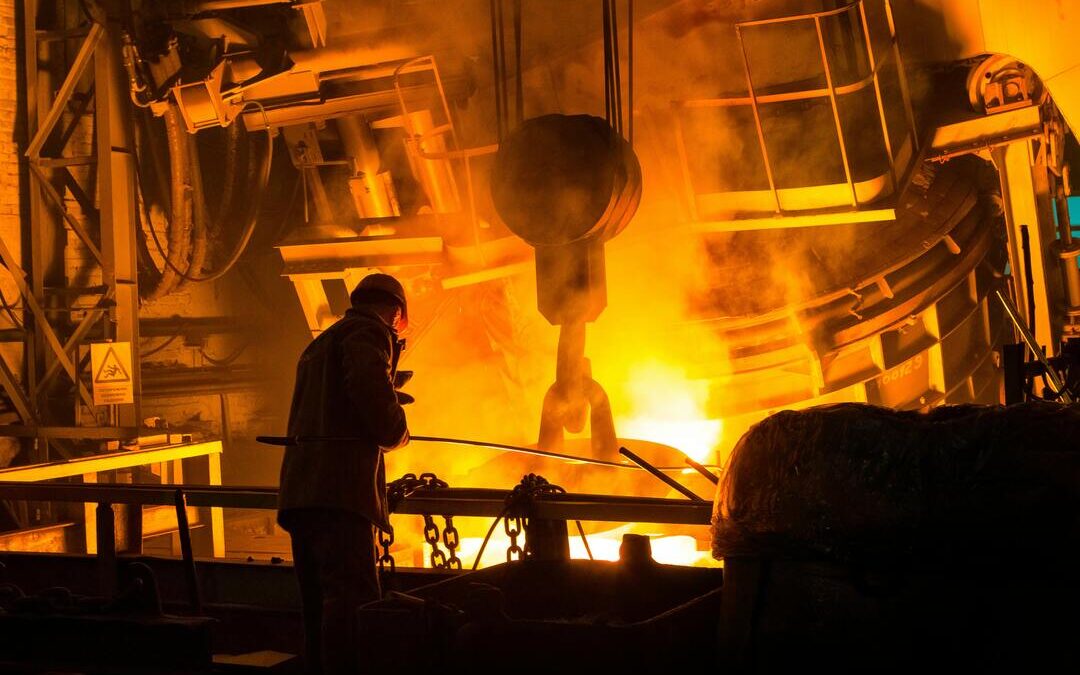UN Report Urges Immediate Decarbonization of Emission-Heavy Sectors
The UNFCCC report calls for urgent integration of high-emission industries into climate plans to meet global warming targets.
The United Nations Framework Convention on Climate Change released a pivotal report this week emphasizing the need for immediate and systemic changes in industrial practices to mitigate the escalating climate crisis.
The report, prepared by the UN’s Technology Executive Committee, focused on integrating “hard-to-abate” industries—heavily reliant on fossil fuels and difficult to decarbonize—into countries’ Nationally Determined Contributions under the Paris Agreement.
A Critical Juncture for Industrial Emissions
According to the TEC brief, industrial emissions constituted 34 percent of global greenhouse gas emissions in 2019, with steel, cement, and chemical production accounting for the majority.
The UNFCCC warned that without immediate action, emissions from these sectors are expected to rise significantly, driven by growing demand in developing economies.
To limit global temperature increases to 1.5 degrees Celsius — the central goal of the Paris Agreement — global GHG emissions must peak by 2025 and decrease by 43 percent by 2030 compared to 2019 levels.
“The timeline for action is shrinking rapidly,” the report noted, urging nations to prioritize zero- and low-emission technologies in their industrial policies.
Innovations and Challenges
The report highlights several promising technologies to reduce industrial emissions, including hydrogen-based steelmaking, carbon capture and storage, and the electrification of industrial heat processes.
The transition to renewable energy, material efficiency, and circular economic practices are also critical.
However, significant barriers remain. Many of these technologies are either nascent or hindered by high costs, limited infrastructure, and inconsistent regulatory frameworks.
The report calls for robust financial mechanisms to address these hurdles, including subsidies, carbon pricing, and blended finance strategies.
“Decarbonizing these sectors will require unprecedented levels of investment, innovation, and international cooperation,” said Nurzat Myrsalieva, a key contributor to the TEC report.
Recommendations for Policymakers
The TEC report outlined a series of recommendations for governments, industries, and international organizations.
Countries were urged to develop detailed roadmaps for decarbonizing their industrial sectors, integrating these strategies into their NDCs and Long-term Low Emission Development Strategies.
The report emphasizes the role of multilateral initiatives, such as the Industrial Deep Decarbonization Initiative and the Climate Club, in fostering knowledge-sharing and technology transfer.
Suggested measures include implementing green public procurement policies and establishing clear standards for low-carbon materials to create demand for sustainable products.
Strengthening institutional frameworks and ensuring a just transition for workers in emission-intensive industries are central to achieving equitable climate action.
A Race Against Time
The TEC report is a stark reminder of the stakes involved as the global community prepares for the 2025 deadline to submit updated NDCs.
“Achieving net-zero emissions is not just an environmental imperative; it’s a socioeconomic opportunity to redefine industry and create sustainable jobs,” the report concluded.

